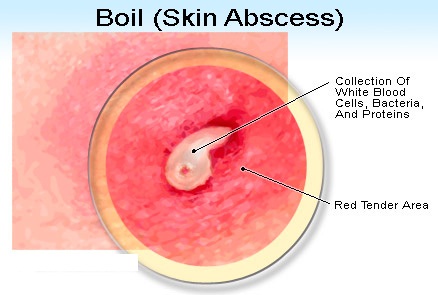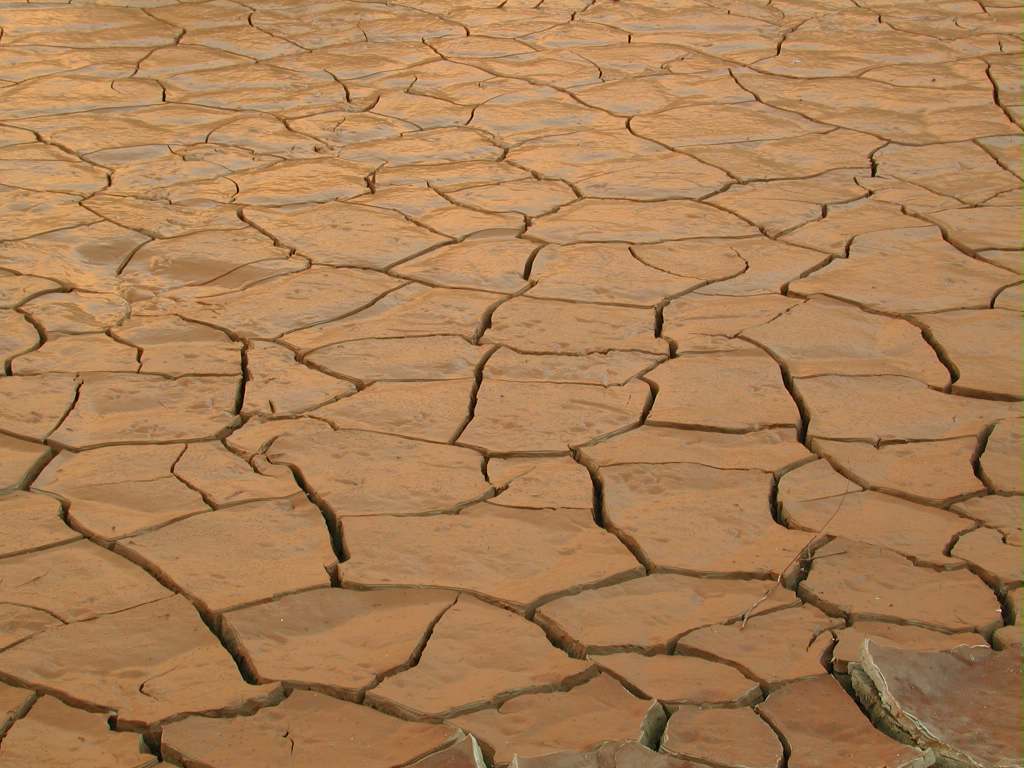Skin dryness is extremely common and a lot of factors cause this. Dry skin can be caused by genetics, diseases, dry air, long exposure to water, skin care products, tight clothing, hot showers,  and medications. A dry skin can be uncomfortable and unpleasant to the eyes. To make matters most, it can be really itching and disturbing. Having dry skin has a lot to tell about your nutritional status, body stress, fluid balance and lifestyle. Our skin is soft and supple because of tiny structures such as glands that lubricate and protect our skin. These protect our skin from dryness and cracking and also has a bactericidal effect that is why sweating is a also a protective mechanism of our body to maintain hydration of the body and skin. Proper hydration also is imperative to make our skin look and feel supple and smooth. Continue reading →



